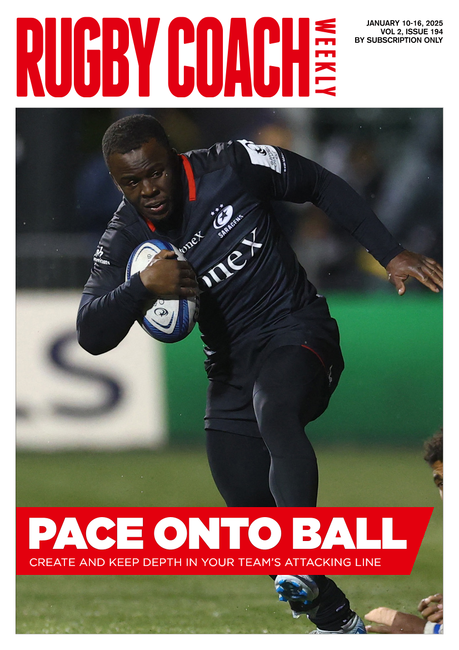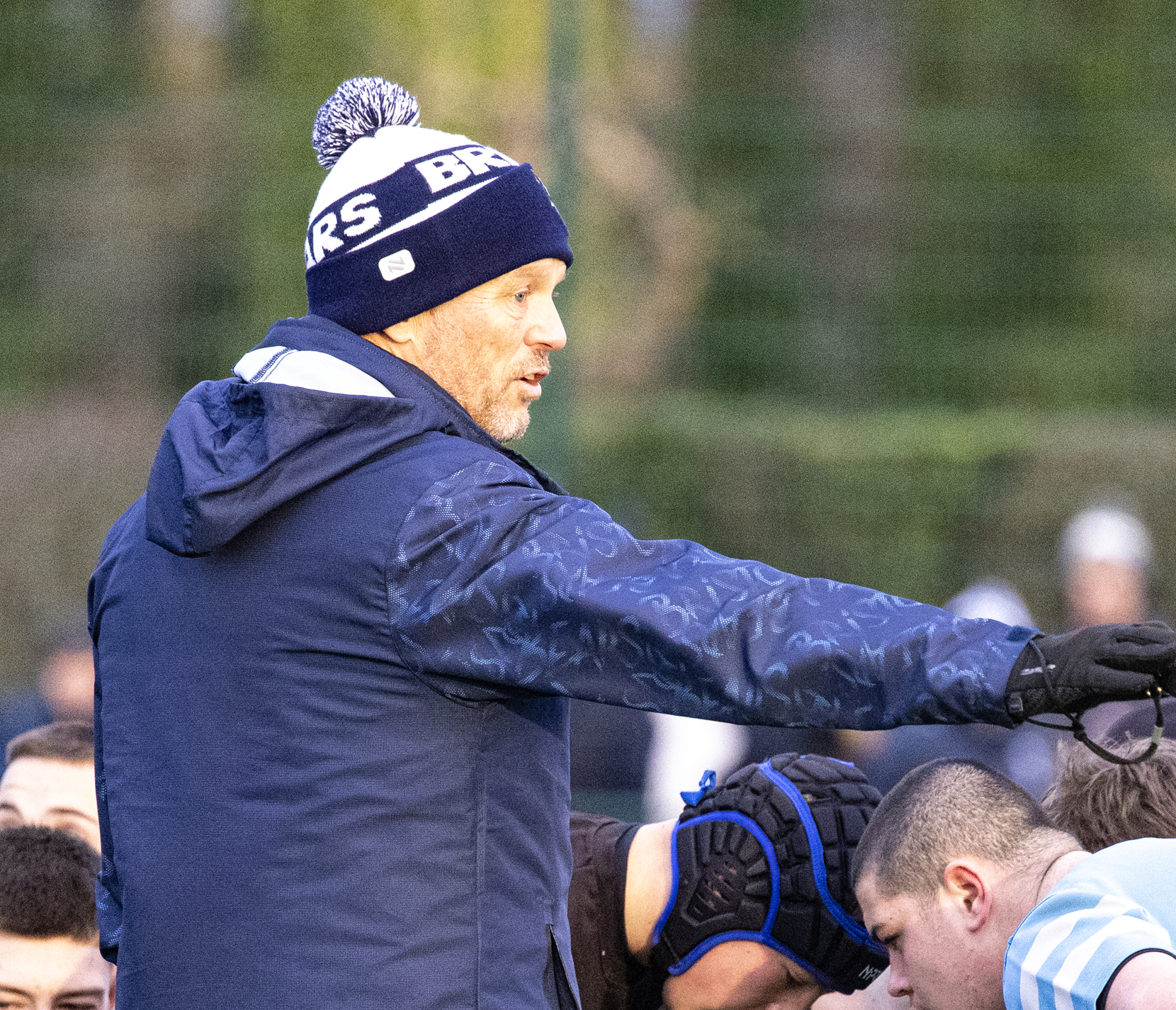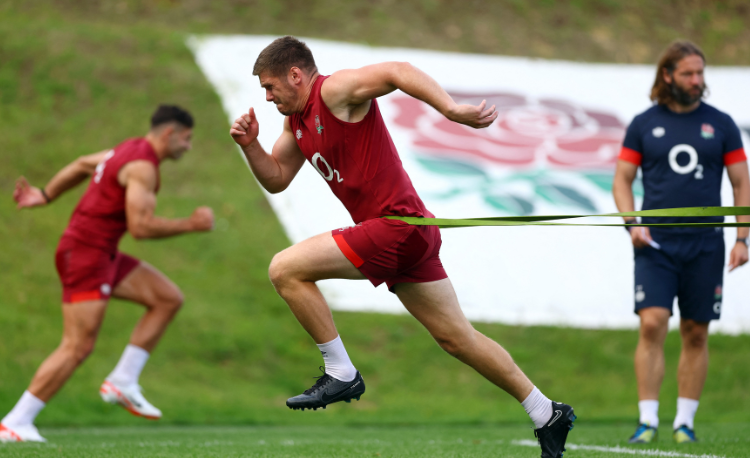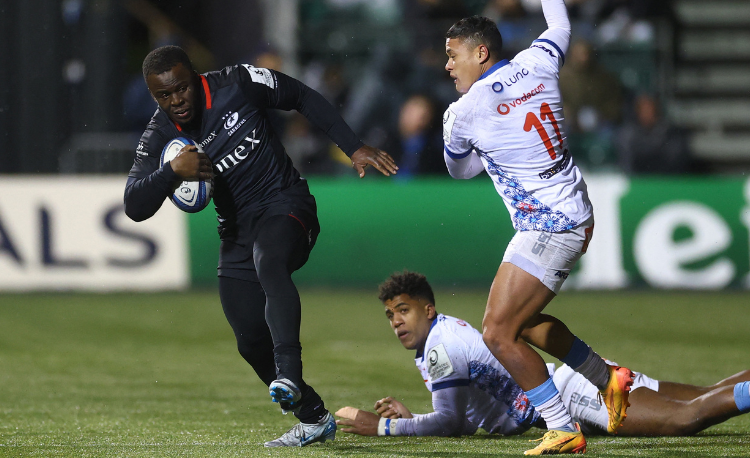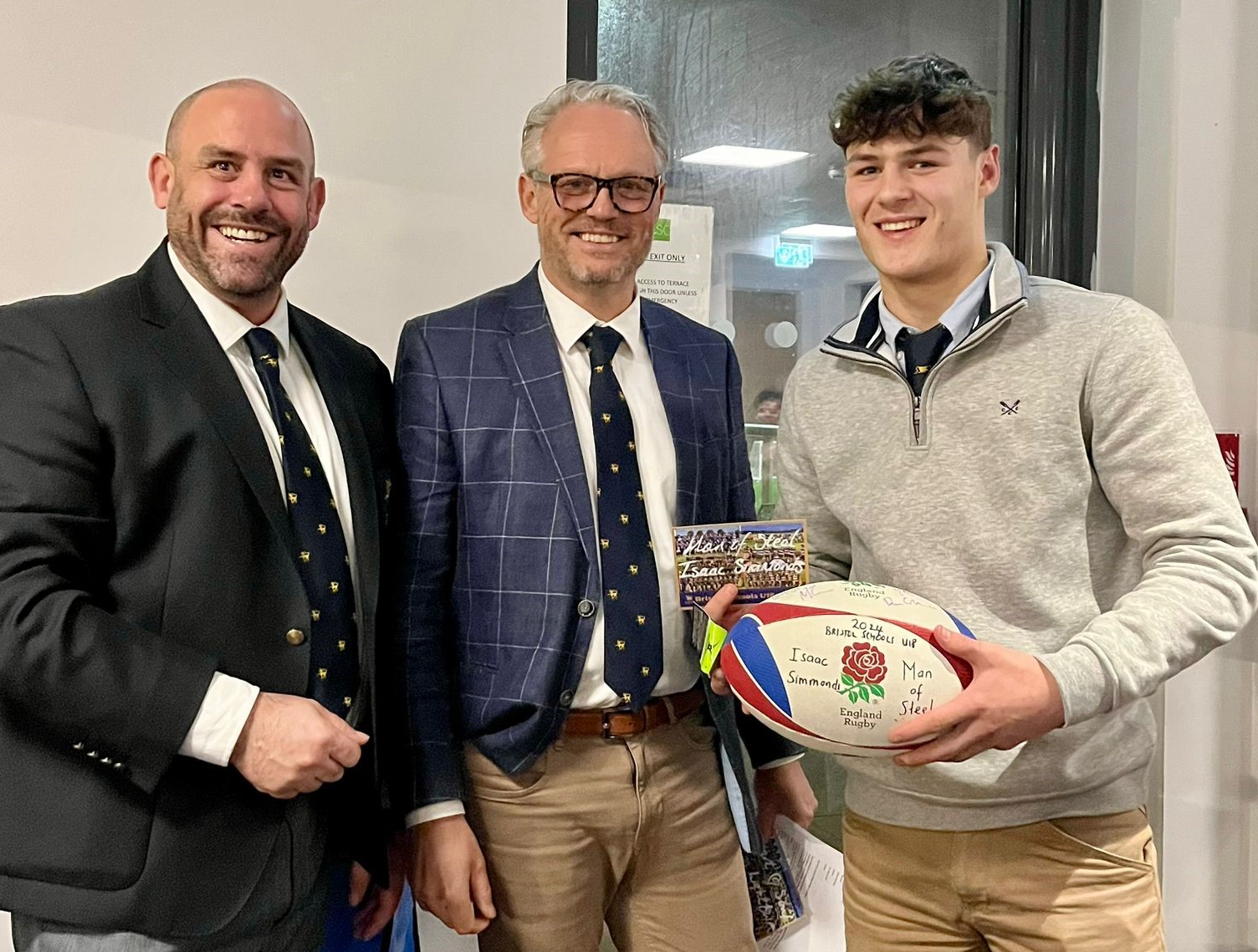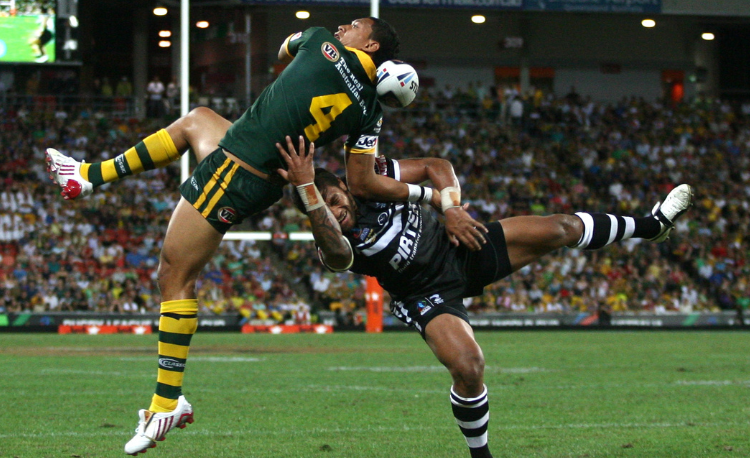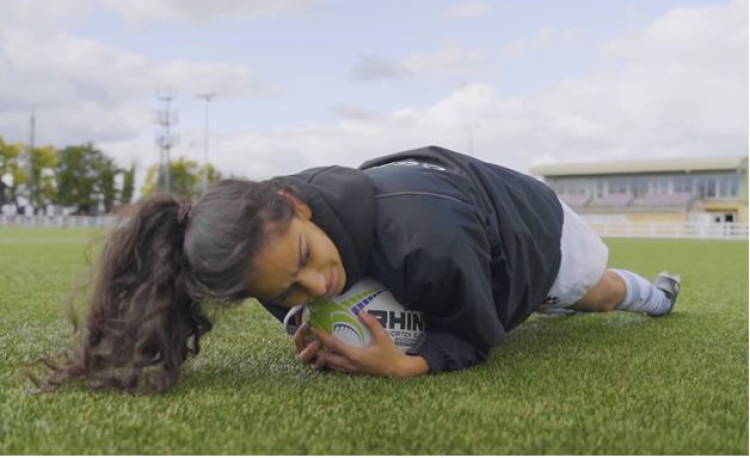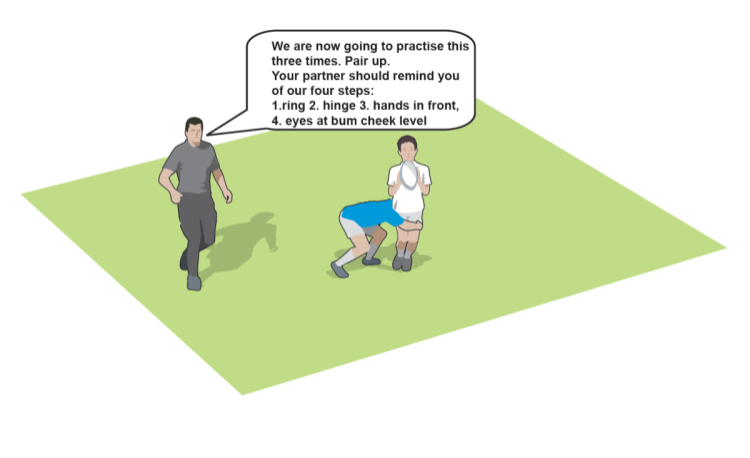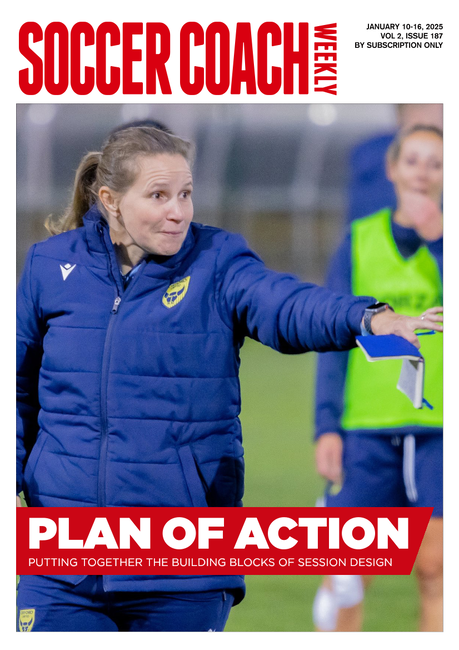Session design with lower ability players

There’s a big difference between coaching a high ability group of players than low. Well, obviously!
The "learning" literature around sports thinks of these players in terms of experts and novices.
Yet, I don’t think we always make the right adjustments when we are trying to coach the lower ability groups. For example, I make use of games as my main tool in training. If I can make it into a game, then I think the players will benefit more.
But, the whole session can’t be a game. It’s crucial you create some rhythm and balance during training, and drills can be a good way of slowing things down or creating a little bit of order.
With less developed players, games can be quite hard work. They might not have the skills to perform or compete effectively.
But that’s not the main problem. They often get tired very quickly, making them even less receptive to the challenges of competition. The slower, larger players will lose out and become despondent.
I take a different approach these days.
1. I make the sessions shorter.
2. I mix in more “drills” with the games.
To start with, we do something ordered, so it’s easy to achieve a basic result before adding some more pressure. The players sense success. You can have a low base as a target and then work up.
The drill isn’t complicated and doesn’t take much time to set up. For passing, I might have a group of three players running onto a pass from a feeder and then aiming to make two passes before they reach one line and then a final pass before they reach the next.
You can change the speed of running, starting points and finishing lines to suit. Add in defenders if you think they are more confident.
The final game of the session is close to the real game, as you would with experts or more senior players. However, I won’t make a big thing of the skills we’ve been using during the session. I might emphasise them a little during the game with points of praise or areas to think about.
NOVICES TO EXPERTS
With better players, you up the intensity. “Drills” are short and sharp. Games are noisy and pressurised. The difference is that you want to force mistakes. You push these players to the edge of their ability. Ask them questions that they may not know the answers to…yet. Also, create scenarios where there’s more than one answer.
Our expectations should change as well. Remember that many developing players want to enjoy training without too much pressure. They might not respond so well to aggressive competition. But don’t be afraid to make them sweat a bit.
What doesn’t change is standards. That’s mostly your own and the way you conduct yourself.
For ideas for lower ability players, pick sessions from our EasiCoach series.
Newsletter Sign Up
Coaches Testimonials

Gerald Kearney, Downtown Las Vegas Soccer Club

Paul Butler, Florida, USA

Rick Shields, Springboro, USA

Tony Green, Pierrefonds Titans, Quebec, Canada
Subscribe Today
Be a more effective, more successful rugby coach
In a recent survey 89% of subscribers said Rugby Coach Weekly makes them more confident, 91% said Rugby Coach Weekly makes them a more effective coach and 93% said Rugby Coach Weekly makes them more inspired.
Get Weekly Inspiration
All the latest techniques and approaches
Rugby Coach Weekly offers proven and easy to use rugby drills, coaching sessions, practice plans, small-sided games, warm-ups, training tips and advice.
We've been at the cutting edge of rugby coaching since we launched in 2005, creating resources for the grassroots youth coach, following best practice from around the world and insights from the professional game.


